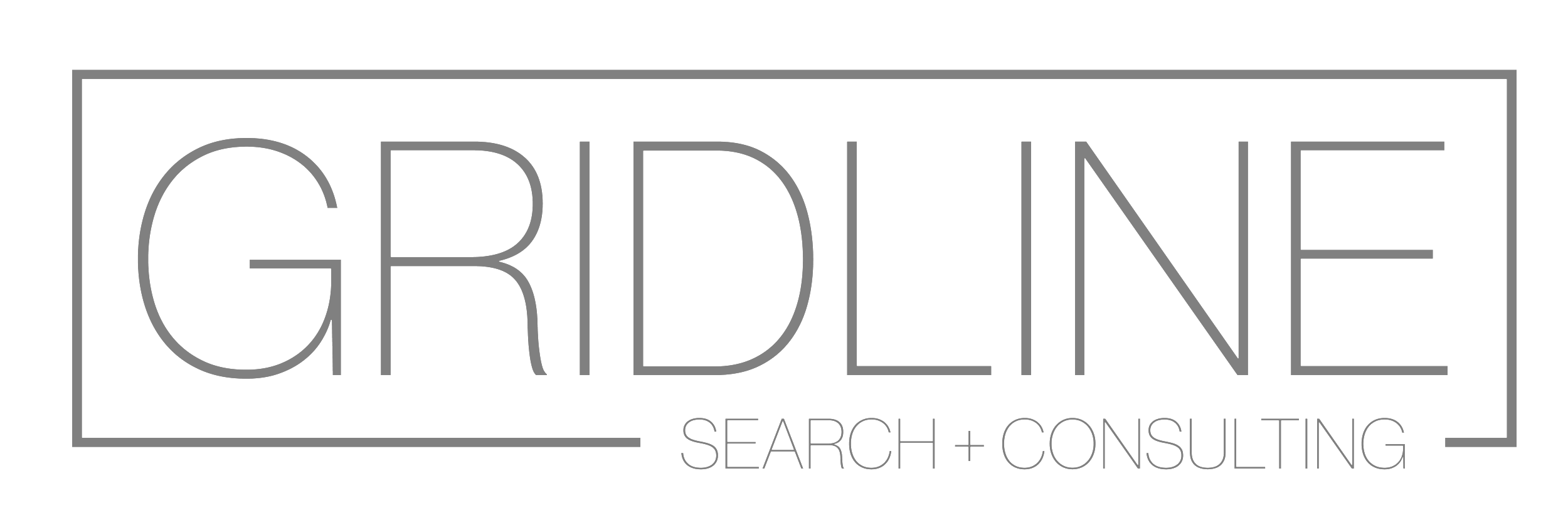Relocating as an Associate: The Right Time is Now
It has never been easier to geographically relocate as a BigLaw associate.
But this is starting to change.
The reason? More in-person interviewing.
Right now, the vast majority of BigLaw firms continue to interview and hire associates remotely via video interviews. But as offices continue to open up and more attorneys go back throughout 2022, more and more firms will turn back to in-person interviews as a part of their recruiting process.
I anticipate that for screening interviews, these will remain by video or phone. But for full round interviews, it's likely that in-person interviews will make a comeback.
Firms will likely pay travel expenses for strong candidates that they want to interview in-person. But there may be fewer candidates called back for these full rounds due to the additional costs, resulting in firms focusing more on local candidates instead.
Nevertheless, the demand for BigLaw associates remains high, including for those trained at firms in another geographic market.
Additionally, there are lots of reasons why geographically relocating is otherwise very straightforward:
The expansion of the Uniform Bar Exam (UBE) to more states across the country means that it's easier for lawyers to get admitted into multiple states at once and/or transfer bar exam results from one state to another.
Multiple legal markets are very strong right now and the need for talent expands beyond the lawyers that are already practicing there (this is particularly the case when it comes to corporate associate needs in markets like the Bay Area, Boston and New York).
National firms continue to open new offices in large cities across the U.S., leveraging the firm's practice reputation in its existing offices to market to new clients in the new market.
Practices at large firms are also "nationalizing," meaning if there is demand for talent in a particular legal service, they will look to staff up across multiple office. In an individual office, the attorneys prioritize service to the local clients, but increasingly attorneys work virtually with others in their practice group across other offices of the firm, as as the work ebbs and flows within each office.
-------------------------
Here are some of the Frequently Asked Questions that I receive on the BigLaw associate relocation process:
How do I find a legal recruiter for my geographic move?
Most legal recruiters are identified through personal referrals. But if you don't know any attorneys in your target market, this might not be possible. Conduct a Google search and take a look at some online legal recruiter directories. Most recruiters are clear on their websites about who they work with and where. (Through Gridline Search + Consulting, for example, I primarily work with larger law firms in the big U.S. legal markets, using recruiter connections and industry knowledge I gained through my time as a career advisor at Harvard Law.)
I like my current firm. I just need to move geographically for personal reasons. Should I just ask for an office transfer?
Maybe. But does that other office have the practice area that you work in? Is the culture of the other office the same as your current one? Do you know anyone in the new office that would be interested in advocating for your office transfer? Will your current team help you make the move or will it be hard for them to let you go? If the answers to these questions present complications, it may be best to look for a new employer in your target market.
When is the right time to make a geographic move?
As a BigLaw associate, you are most marketable for an associate lateral move with 2-5 years of experience. This is generally true whether you are looking to stay in the same market or make a geographic move.
What if I am not admitted into the state where I plan to move?
Start by taking a look at the bar admission resources provided by the National Conference of Bar Examiners (NCBE). If you are a junior associate admitted to a UBE state, you may still be able to port that score to a new UBE state. If you are a senior associate, you may be eligible for "admission by motion" to the new state based on your years of continuous practice in your current state. If something is unclear from a website or written resource, don't rely on word of mouth. Call the state's board of bar examiners directly.
Most firm offices will require that you eventually be admitted into the state where they are located. If you ultimately need to take a new bar exam, sometimes the firm will even give you time off and cover expenses while employed at the new firm.
Will the new firm pay for my relocation expenses?
In most cases, yes they will. In terms of the exact amount and method, this is something that typically gets negotiated when an offer of employment is made through your recruiter.
My spouse got a new job already, so I need to make the move as soon as possible. How long does the process typically take?
Timing for a geographic move as a lateral associate depends on a lot of factors - your target market, your level of experience, your practice, your current firm, your credentials, etc. It could take a few weeks to move or it could take several months. You will want to talk with your recruiter about the urgency of your timing and what you can expect. If it sounds like your search could take a long time, you might ask your current employer if it's possible for you to work remotely while you search for a new job in your new market. (Don't just quit your job and then start searching. If your resume indicates this, it might send a negative signal about your candidacy.)
